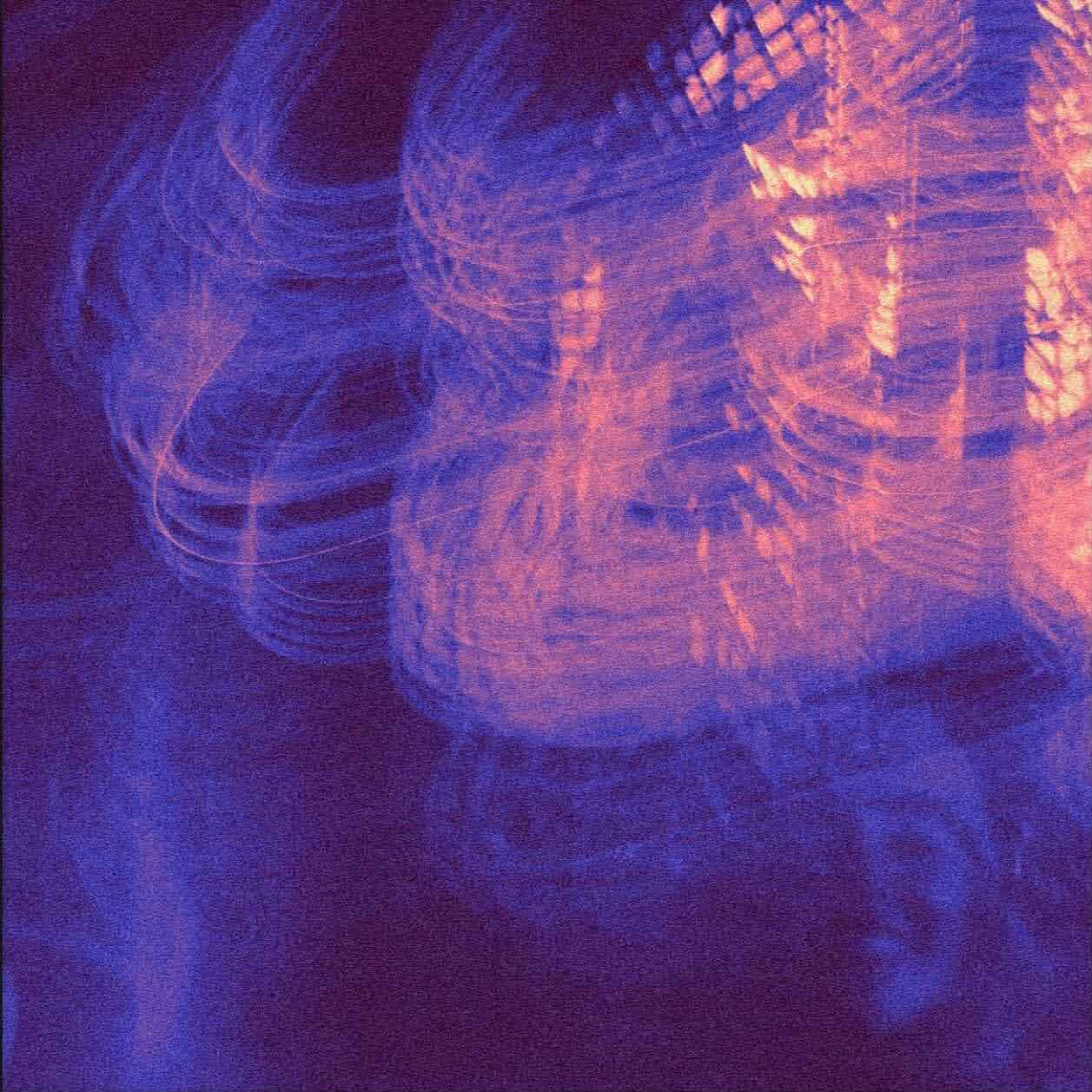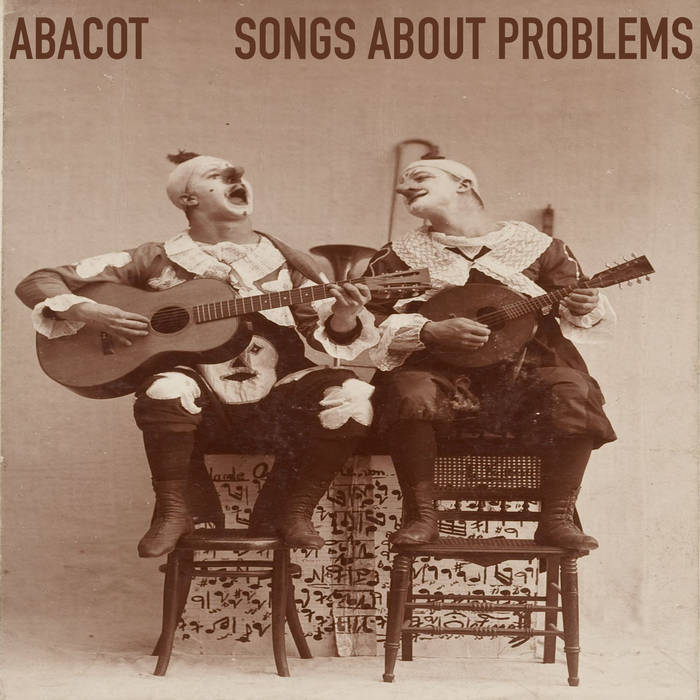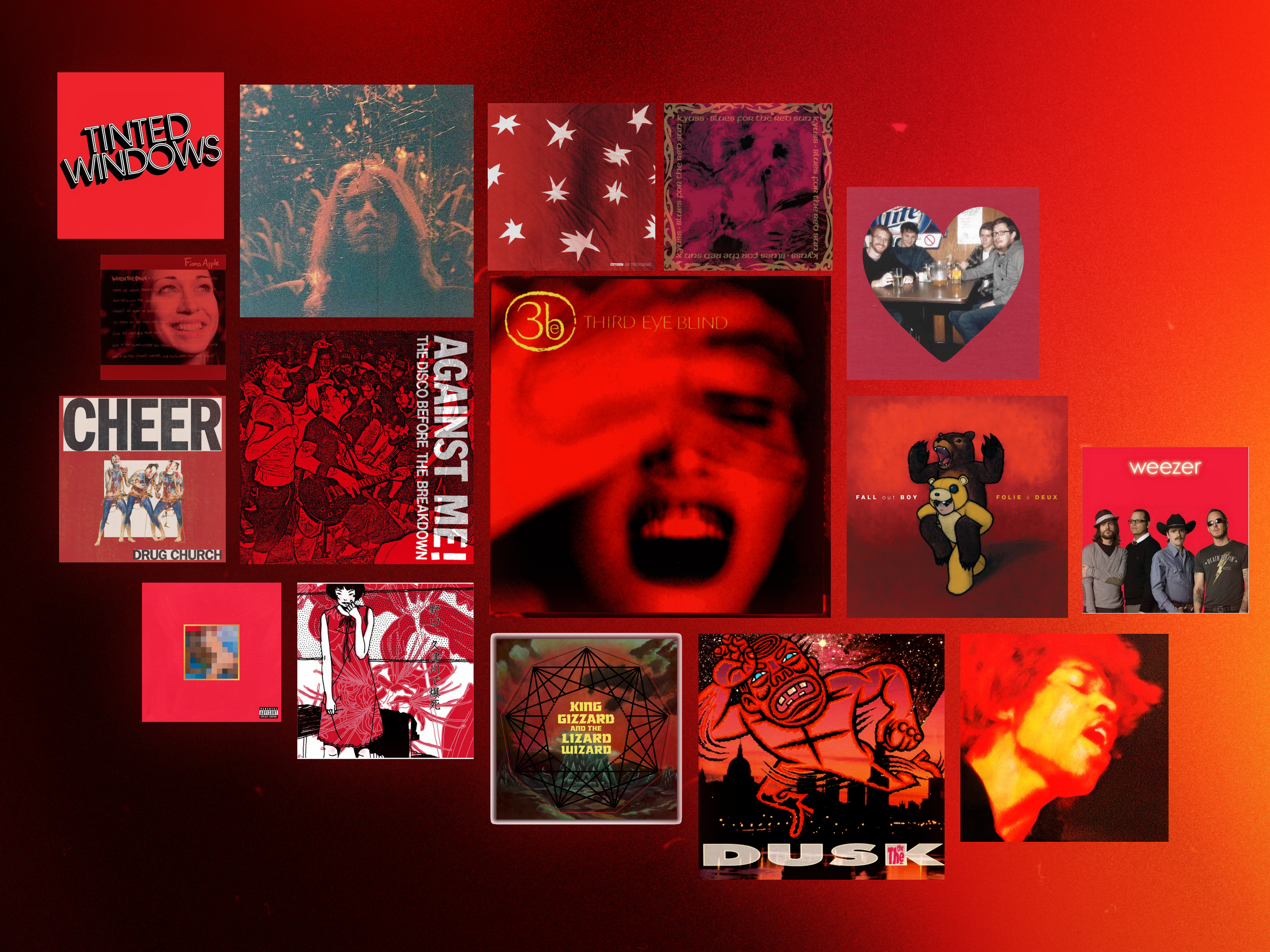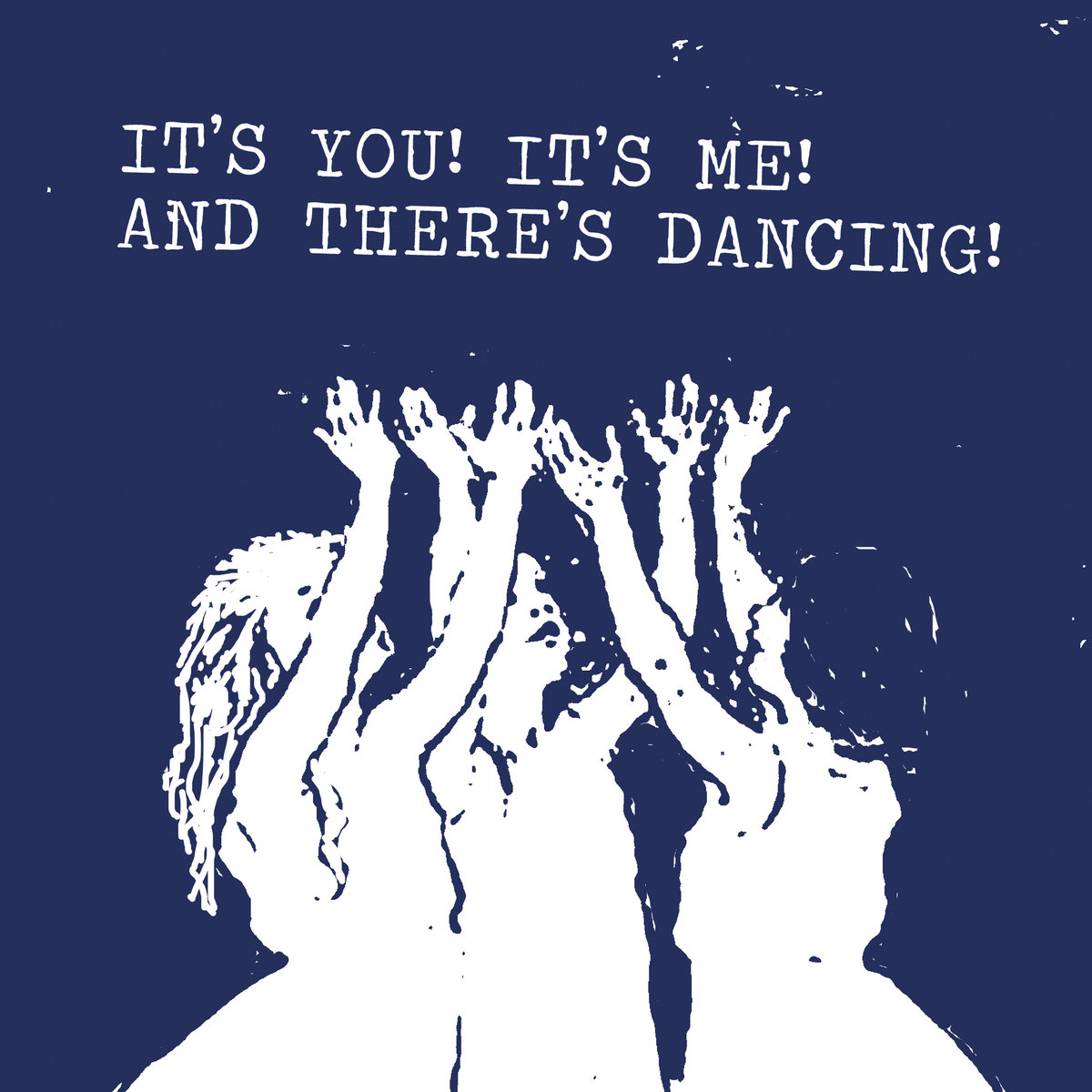Dance Myth – The Shapes We Make | Album Review
/Say-10 Records
When I was 19 years old, I first heard Listener’s album Wooden Heart Poems, and it made me realize that listening to music wasn’t good enough. Wooden Heart Poems was an invitation to write, and I needed to accept that invitation. I started writing my own songs and poems, often putting on Wooden Heart Poems as inspiration when I couldn’t find words on my own, borrowing lyrical motifs and stretching them until they resembled the shape of my own heart. Fifteen years later, I’m listening to Listener’s songwriter, Dan Smith, as he presents his new project, Dance Myth, and I’m struck once again as though I were still the 19-year-old finding er voice for the first time.
In many ways, The Shapes We Make feels like coming home, which is appropriate for a record that deals so much with death. Dan’s voice has hardly changed in the 15 years between my introduction and this new record, which makes this album feel deeply familiar from the first word said in the passionate spoken-word style that he’s built a career around. There’s a cadence to his vocal delivery that feels like a wave, scored by guitars, trumpets, synths, keyboards, and a multitude of other supporting instrumentation ebbing and flowing to create vast dynamic shapes that draw your attention towards the emotional urgency of his words.
If you miss some of the lyrics, as I’m sure many of us frequently do on initial listens of a record, you'll still catch that wave, but the true richness comes from diving in. Most of the record’s lyrics read like letters, diary entries, and memories. They’re correspondence between the writer, the listener, and unnamed third parties. The record reads as an invitation to converse with the music as it pleads, reassures, convicts, and comforts. In many ways, it echoes Levi The Poet’s 2014 release Correspondence: A Fiction, which similarly used dramatic scoring to support poetry about love and loss in the form of letters.
On The Shapes We Make, Dance Myth seems to speak directly to us, the listeners, imploring us to join in the shared humanity that makes us complete as people, flaws and all. In the album opener, “Gentle, Gentle,” you hear Smith plead, “Forgive yourself. If you can. For who you’ve been. You didn’t know then.” It’s an invitation to actively participate in the divine practice of grace rather than standing still in our regrets, our pasts, and our mistakes. This song offers a lesson I’ve had to learn time and again in therapy: to forgive oneself—a lesson that bears repeating, as it simply cannot be internalized the first time you hear it.
It’s often unclear whether Smith intends the songs and poems to be pointed at “you,” a specific individual, or “you,” the listener, but to my ears, it feels as though he’s speaking directly to my soul. It often feels as though Smith has chosen to sit down with each listener, allowing us to listen and meditate on the words he has carefully laid out. Even when the lyrics clearly show that a letter is for a specific individual whom the listener can never know, Smith still finds a way to make it feel universal in its specificity.
Lead single “Little Bird” reads like a eulogy, with Smith taking time to share about the pain of seeing a loved one leave this life. It serves as an apology to the subject of the song as he exclaims, “Sorry you couldn’t make it to where we were.” It isn’t all bleak, though. He celebrates the evaporation of life in death, referring to the dead as going “back into everyone I meet.” There’s a universality in the specificity of this piece, as we see a particular person cemented in the lyric. It begs us to share in the specificity that engulfs our lives, Smith confidently trusting that the listener can swap out the details to match their own loss, grief, and desire for peace.
We shift from grief to fear by track six, “This Accordion Life,” as there’s a palpable sense that something is wrong; Smith describes the way he’s seen by others as “just the shape of smoke from setting myself on fire” followed closely by exclaiming that tomorrow and the past are both terrifying. He leans on the hope of getting better, knowing that the only path forward is simply to keep going, a lesson that many minority groups have heard over and over in times of tribulation.
To speak personally for a moment, I want to mention that I’m a transgender woman, which has deeply shaped the way I view this record. In my experience, being trans is largely about self-identification. It’s about looking in the mirror and deciding who you want to be– no, rather, it’s about realizing who you are. Near the end of “This Accordion Life,” we hear Smith exclaim, “It’s embarrassing. All the times I’ve hidden or was made to feel I should hide any of the ways I shine. Told everyone I’m fine, and believed that lie myself.” It feels like a dagger in my heart as I sit in wonder and regret, asking myself why I took so long to find the ways that I should have been shining my entire life.
We return to death on “Dry County” as the pronoun shifts from “I” to “she” to “we” to “you.” The “I” represents the personal response to grief. “She” represents the person who was “waving like she had to go, and so she left.” “We” shows the intimacy of memory as Smith reflects on the past that was shared. Finally, “you” represents him speaking to a mystery audience who appears to be nearing death themselves. There’s a peace to the way that he speaks of death, as though he knows the comfort and fear that comes with that extraordinary adventure, choosing to optimistically opt into comfort in the great disappearing.
Finally, on the closing track of the album, we hear him end the record by singing “Tie me up, untie me,” appearing to reference mewithoutYou’s track of the same name, where lyricist Aaron Weiss sings that exact phrase, followed by “all this wishing I was dead is getting old.” Smith follows his phrase differently, however, finishing with “tie me up again.” I can’t begin to interpret what he means in that final moment of the record, but to me, it feels like a refutation of “all this wishing I was dead” that Weiss presented, choosing to emphasize the hope and joy of living a life that’s wild, urgent, and desperate for individual expressions of love.
The Shapes We Make is the record I want to hear while driving home from the gig or sitting in the line of cars as they leave the festival I’ve been at all weekend. Importantly, for me, it’s a balm that delivers contemplation through the noise, reassurance in times of hardship and grief, and peace in a time of wars: old and new, literal and figurative.
It feels like an exhale. A restoration. An invitation.
“So, if you are alive, raise your hands. Keep them open. Reach out for anyone.”
Noëlle Midnight (e/er) is a transgender podcaster, poet, musician, and photographer in Seattle, WA. E can be found online with er podcast Idle Curiosities, tweets on Bluesky at @noellemidnight.com, photos on the Instagram alternative Glass at @noellemidnight, and movie reviews of varying quality on Letterboxd at @noellemidnight.






